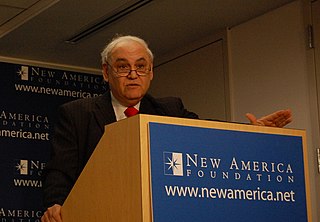A Quote by David Starkey
Churchill may have made some horrendous mistakes - Gallipoli, for one - but he had a sense of the profundity and integrity of the English experience. By contrast, Blair believes he excised the past in 1997, though what no one on the left seems to have realised is that his historic mission was to destroy the Labour party, not the Tories.
Related Quotes
No passion is stronger in the breast of man than the desire to make others believe as he believes. Nothing so cuts at the root of his happiness and fills him with rage as the sense that another rates low what he prizes high. Whigs and Tories, Liberal party and Labour party - for what do they battle except their own prestige? It is not love of truth but desire to prevail that sets quarter against quarter and makes subserviency rather than the triumph of truth and the exaltation of virtue - but these moralities belong, and should be left to the historian, since they are as dull as ditch water.
We had a completely deniable exchange of papers - in the winter before the 1997 election - with [Tony] Blair, setting out what we thought were the realistic parameters for a solution: and we were getting reasonable responses back from him. That's what led to Blair's visit to Belfast on May 16, 1997 - two weeks after he became Prime Minister and his first official visit outside London.
The programme of the British Labour Party under Neil Kinnock is so wildly irresponsible, so separate and apart from the historic NATO strategy, that I think a Labour government that stood by its present policies - and I rather doubt that they would - would, if it didn't destroy the Alliance, at least diminish its effective ability to do the task for which it was created.
His youth seemed never so vanished as now in the contrast between the utter loneliness of this visit and that riotous, joyful party of four years before. Things that had been the merest commonplaces of his life then, deep sleep, the sense of beauty around him, all desire, had flown away and the gaps they left were filled only with the great listlessness of his disillusion.
While loyalists and defectors overall said John Smith did a better job of standing up for Labour's values, they put Blair ahead on representing the whole country, appealing beyond traditional Labour voters and offering strong, competent leadership; switchers to the Tories gave him a clear lead in all categories.





































